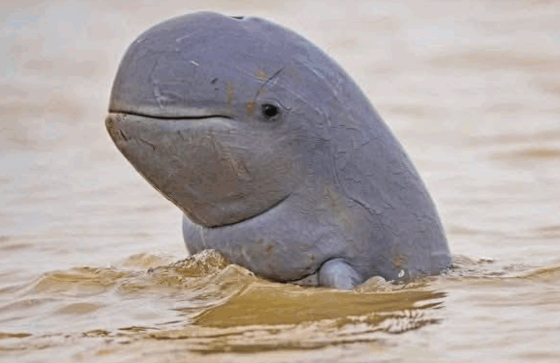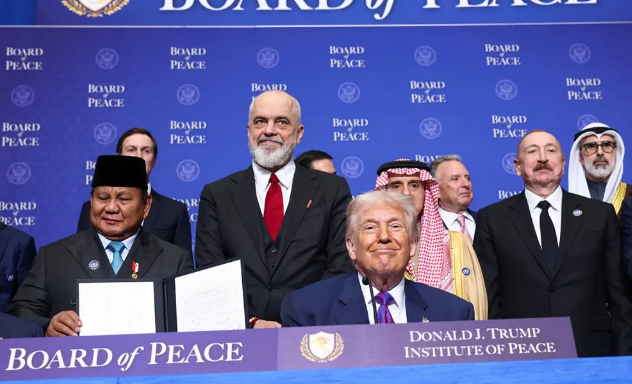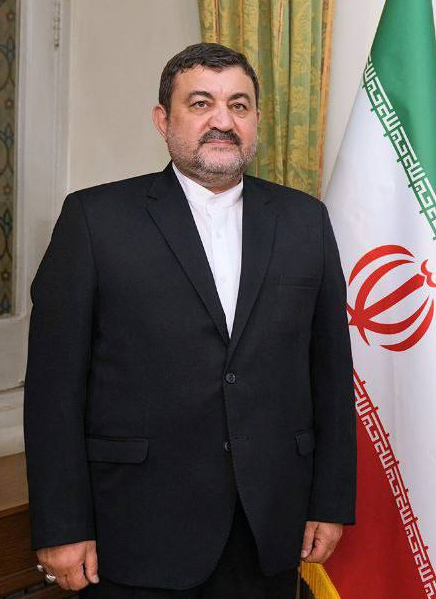
Beijing announced new rare earth restrictions on October 9. It was a strike in the escalating global trade war between China and the United States. The decision came just days after U.S. lawmakers urged the White House to broaden bans on chipmaking equipment exports to China, a proposal that directly threatened Beijing’s high-tech ambitions. With a planned Trump–Xi summit at the end of the month in South Korea, the timing was deliberate. By expanding its export controls on rare earth elements, China reminded Washington, and the rest of the world, that it still dominates the minerals essential to defense systems, electric vehicles, and semiconductors.
Most headlines focused on Washington’s response, but for Indonesia, the world’s top nickel producer, the message was equally sharp. China’s grip over critical minerals now stretches well beyond its borders, influencing who gets to refine, process, and profit from the world’s raw materials.
Rare earth restrictions as a warning
China’s Ministry of Commerce added five new elements to its export control list: holmium, erbium, thulium, europium, and ytterbium, along with dozens of refining technologies. The new rules mean that even foreign companies using Chinese machinery or material must seek Beijing’s approval before exporting their final products. The measures take effect in November and December, tightening China’s grip over a market it already dominates, processing over 90 percent of the world’s rare earths.
While the move is widely viewed as a geopolitical message to Washington ahead of the Trump–Xi summit, it also highlights how China uses minerals as leverage in broader economic conflicts. For Indonesia, the world’s largest supplier of nickel, the parallels are impossible to ignore.
Indonesia’s place in the minerals power game
Indonesia has modest but significant rare earth potential. The Geological Agency has identified rare earth minerals like monazite and xenotime in tin-rich regions such as Bangka Belitung and parts of Sulawesi. Some rare earths can even be extracted from coal waste. But production remains limited, and refining technology is almost entirely imported.
That dependency mirrors Indonesia’s more advanced nickel sector, where Chinese companies now control about 75 percent of national smelting capacity. The downstreaming policy that banned raw ore exports was meant to build independence, yet it deepened technological reliance on Chinese equipment and engineers. If Beijing can now dictate the flow of rare earths, it could one day apply similar controls to nickel technology or battery metals vital to Indonesia’s green ambitions.
Echoes from the mining permit suspensions
Just weeks before the rare earth announcement, Jakarta suspended 190 mineral and coal mining permits for environmental violations. That crackdown, covered earlier in this blog, was framed as a defense of sovereignty; an effort to rein in reckless operators, including those tied to Chinese investors. The rare earth restrictions underline why such enforcement matters: control over raw materials means little if the tools, smelters, and export routes remain in Beijing’s hands.
China’s latest rare earth restrictions are more than trade policy. They are a reminder that mineral wealth without technological control leaves nations like Indonesia vulnerable to external power. To truly own its resources, Jakarta must master not just what lies beneath the ground, but what happens after extraction.




